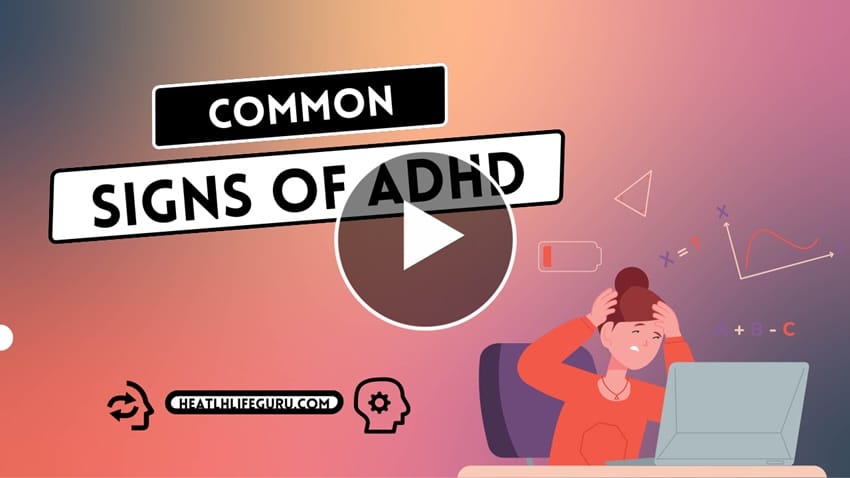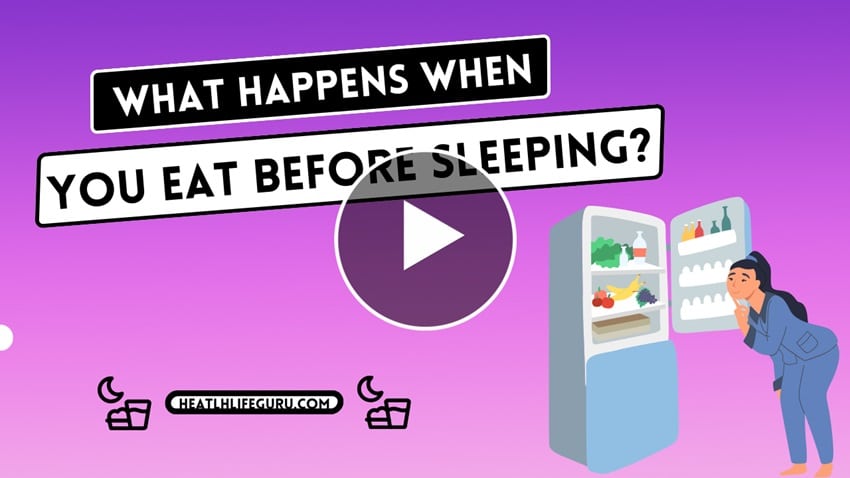There is a lot of information out there about carbohydrates. Some people say that they are the devil, while others claim that they are necessary for a healthy diet. So, what is the truth? Are carbohydrates bad for you? In this post, you will learn all about the different aspects of carbohydrates- what they are, where they come from, and how they affect your body. It will also dispel some of the myths about carbs that have been floating around for years. Stay tuned to learn more!
Contents
What Is A Carbohydrate?

Carbohydrates are one of the three main macronutrients, along with proteins and fats. They are essential for providing the body with energy, and you can find them in a wide variety of foods, from bread and pasta to fruits and vegetables. Carbohydrates are made up of sugar molecules that are combined to form complex carbohydrates like starch. The body breaks down carbohydrates into glucose, which your body then turns into energy. There are two main categories of carbohydrates: simple and complex.
Carbohydrates are essential to a healthy diet, but choosing complex carbs over simple carbs whenever possible is important. Simple carbs are just one or two sugar molecules, and you find these in foods like candy and soda. Complex carbs are made up of long chains of sugar molecules in foods like potatoes and rice. The body breaks down complex carbs more slowly than simple carbs, providing a more steady energy source.
Where Do Carbohydrates Come From?
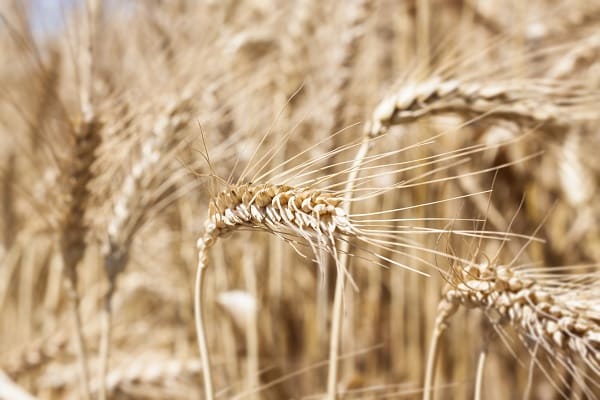
Carbohydrates are essential for everything from providing energy to building muscle, and you can find them in a variety of foods. But where do carbohydrates actually come from?
Most carbohydrates come from plants. Wheat, oats, rice, and potatoes are all examples of plants that contain large amounts of carbs. As mentioned, when you eat these foods, your body breaks down the carbs into glucose energy. However, there are also some carbs that come from animal sources. Milk, for example, contains a type of carbohydrate called lactose. But, your body can’t break down lactose on its own, so you need to consume it in small amounts.
Interestingly, your body can also make some carbs on its own. When you digest protein, your body converts some of it into glucose. So even if you don’t eat any carb-containing foods, your body will still have a small amount of glucose to use for energy. Overall, carbs are essential to your diet, and you can source them from plants and animals.
The Types Of Carbohydrates
Once you start looking at all of the different foods that contain carbohydrates, you might begin to wonder if there are different types of carbs. The answer is yes! In fact, there are three main types of carbohydrates:
Sugar

Sugar is a type of carbohydrate that occurs naturally in many fruits and vegetables. Many food producers also add it to foods during processing or preparation. Sugar provides sweetness and can enhance the flavor of food. However, it also has some drawbacks. Sugar is a high-calorie food, so it can contribute to weight gain if consumed in large quantities.
It can also cause cavities because it promotes the growth of bacteria in the mouth. Too much sugar can also lead to health problems such as diabetes. For these reasons, it is crucial to consume sugar in moderation.
Starch

Starch is another carbohydrate found in many plant-based foods, such as rice, potatoes, and wheat. Unlike other carbohydrates, starch is made up of long chains of glucose molecules, which the body can slowly break down and use for energy. This makes starch a vital energy source for endurance activities, such as running or swimming.
Additionally, starch helps to regulate blood sugar levels and provides a feeling of fullness after a meal. For these reasons, including starches in your diet is beneficial for both your physical and mental health.
Fiber
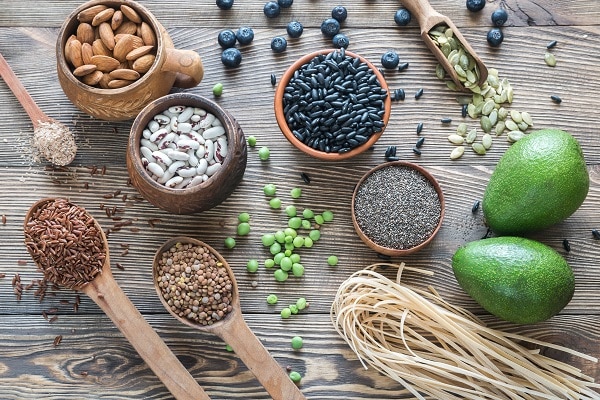
Fiber is the final type of carbohydrate and one that the body cannot digest. Though it is technically a carbohydrate, fiber does not impact blood sugar levels as other carbs do. This is because the human body lacks the enzymes needed to break down fiber. Instead, fiber passes through the digestive system relatively intact. While fiber doesn’t provide the body with energy, it has several important health benefits. For one, fiber helps to keep the digestive system healthy by promoting regularity and preventing constipation.
Fiber is also thought to play a role in heart health by helping to lower cholesterol levels and reduce inflammation. What’s more, getting enough fiber can help you manage your weight by making you feel fuller after eating and helping to control blood sugar levels. So next time you’re reaching for a carb-rich snack, be sure to choose one that’s also high in fiber.
How Carbohydrates Affect Your Body

Carbs can significantly impact your body, both in terms of health and performance. The type of carbs you eat can affect your blood sugar levels, with simple carbs causing a more rapid rise in blood sugar. This can lead to feelings of fatigue and reduced mental focus. In contrast, you digest complex carbs more slowly, helping to maintain steady blood sugar levels and providing sustained energy.
For athletes, the timing of carb intake can also be important. Eating carbs before exercise can help to improve performance, while consuming them after exercise can help to replenish glycogen stores and promote muscle recovery.
Myths About Carbohydrates
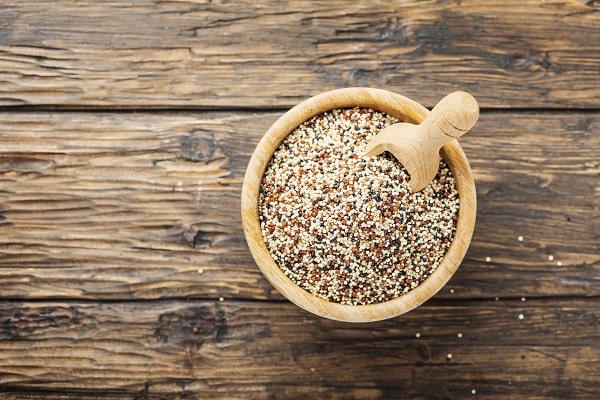
Despite all their benefits, carbohydrates have still gotten a bad rap in recent years, with many people eschewing them in favor of low-carb diets. However, carbs are an essential part of a healthy diet, and several myths about them are still spreading today. For one, carbs are not the enemy of weight loss. In fact, complex carbs such as whole grains can help you feel fuller longer, and they also provide essential nutrients such as fiber and vitamins.
Additionally, not all carbs are created equal. Refined carbs such as white bread and white rice have been stripped of their nutritional value, while complex carbs such as quinoa and sweet potatoes which include a ton of nutrients. Finally, carbs are not the only foods that cause blood sugar spikes. Foods high in sugar or fat can also cause spikes in blood sugar levels, so it’s important to monitor your overall intake, not just your carbohydrate intake.
So What Is The Truth About Carbohydrates?
Carbohydrates are an essential part of a healthy diet, providing energy and essential nutrients. However, it’s important to be mindful of the type and amount of carbs you consume. By understanding the truth about carbohydrates, you can make sure that they play a role in your healthy diet. And by including complex carbs and fiber-rich foods in your diet, you can reap all the benefits that carbs have to offer. So don’t avoid all carbohydrates – just be sure to choose the right ones!
